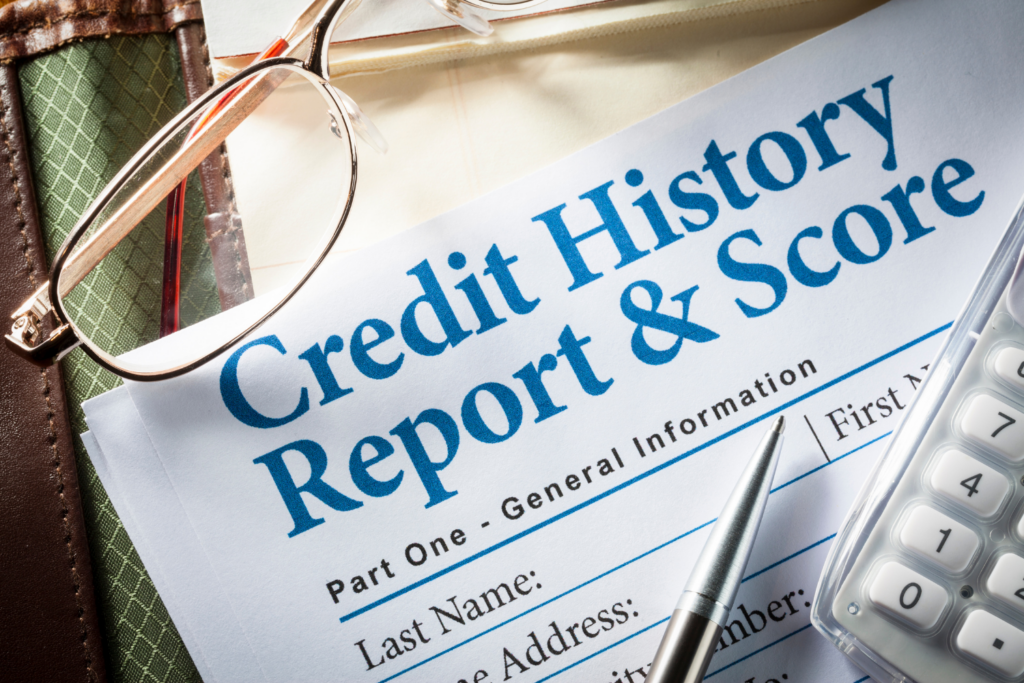
Are you planning to apply for a mortgage? Do you want to secure a better car insurance rate? Or maybe you’re planning to move to a new apartment and are hoping for an easier approval process.
These are seemingly different situations, but the one thing they have in common. They require you to have an accurate credit report and a good credit score.
You do everything that you can to build a stellar credit score – you strategically keep your credit usage low, make on-time payments, and pay down your debts. However, even the most careful people can still make mistakes. In fact, according to a new report by Consumer Reports, did you know that about 34% of Americans found at least one error on their credit report?
To ensure nothing should stand in the way of your future financial goals, whether it be applying for a loan or moving to a new apartment. Make sure to check your credit report regularly for possible errors!
Contents
Common Errors On Credit Reports
If you don’t know what those possible errors are, keep reading! Here, we discuss four common mistakes you should watch out for on your credit report.
1. Identity Errors.
Identity or personal information errors on credit reports could include:
- Incorrect name
- Incorrect middle initial
- Misspelling of your name
- Incorrect contact information (i.e. address and contact number)
It’s also critical to keep your basic personal information up to date. Whenever you switch phone numbers, move to a new house, or change your name, make sure that your details are accurate. If you recently filed for divorce and have joint accounts with your former spouse, it is important to remove your name to avoid incurring debts in the future.
2. Account Errors.
Errors may occur in the actual status of your accounts, too. For example, an account may be reported open when it should be closed, or vice versa. An account that should be closed may still be reported as open, or an account that should be open may still be reported as closed. If these errors are not corrected, you may default on your payments. Even worse, these mistakes may significantly damage your credit rating.
Below are some common account errors on credit reports to watch out for:
- An account that should be closed is still reported as open, or vice versa
- Incorrect credit limit
- Incorrect balance
- Incorrect dates of late payments
3. Duplicate Accounts.
Sometimes, accounts are listed twice accidentally. For instance, you might find that the same debt is listed twice (or several times) – it might be listed under different creditors or names, so carefully check all the numbers. This could lower your credit score and could stop you from getting new credit. Or you might even be forced to pay a higher interest rate that doesn’t reflect your creditworthiness!
4. Unrecognized Activity.
It is possible that you see some new accounts that you didn’t open, or some charges appear on your credit report that you didn’t make. Unrecognized activity could also signal that someone else’s account is appearing on your credit report (for instance, someone with a similar name). Whatever the case, it’s worth addressing as soon as possible, so you can spare your credit score from damage.
Steps To Fix Mistakes On Credit Report
So, what do you do when you find a mistake in your credit report?
Dispute mistakes with the appropriate credit bureaus. It doesn’t really cost you anything to report it – just a bit of your time. According to the FTC, here’s where you can submit your reports:
Equifax.
Learn more about Equifax’s dispute process. Mail your letter to:
- Equifax Information Services LLC
- P.O. Box 740256
- Atlanta, GA 30348
Experian.
Learn more about Experian’s dispute process and dispute form. Mail this form with your letter to:
- Experian
- P.O. Box 4500
- Allen, TX 75013
Transunion.
Learn more about Transunion’s dispute process by mail and dispute form. Mail this form with your letter to:
- TransUnion LLC Consumer Dispute Center
- P.O. Box 2000
- Chester, PA 19016
You can use this sample letter from the FTC to help write your own.
After filing a dispute, the credit bureau has 30 days to investigate, at which point, they have to get back to you with the results and a free updated credit report that shows any changes.
The Bottom Line
Checking your credit report regularly can help you avoid any issues that may negatively impact your credit score. Make sure to keep an eye out for inaccuracies and report them right away to avoid ruining your future plans.
Check your credit score for free at Credit Karma. It’s 100% free with no credit card required.
- 4 Common Errors On Credit Reports That Can Ruin Your Plans - June 1, 2022




